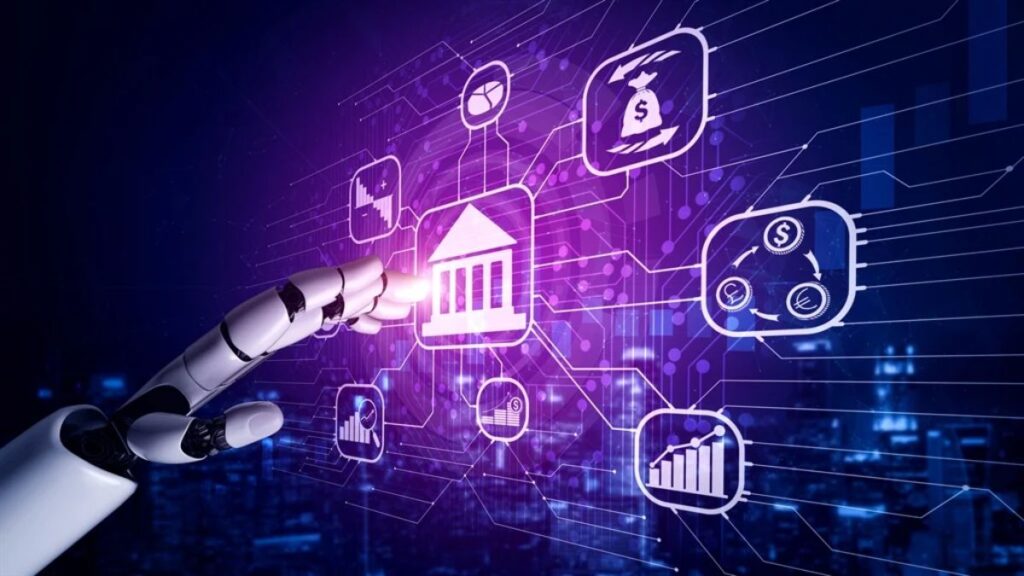New report shows that AI is set to eliminate 2 lakh jobs in global banking industry by 2030: Know how to keep your job secure

A seismic shift is underway in the global banking industry as artificial intelligence (AI) continues to redefine the workforce. According to a report by Bloomberg Intelligence (BI), major banks worldwide are set to eliminate up to 2 lakh jobs in the next three to five years. This figure represents an average workforce reduction of 3%, primarily targeting roles that involve routine and repetitive tasks.
A Workforce Transformation
Tomasz Noetzel, BI’s senior analyst and author of the report, explained that the cuts would disproportionately affect back office, middle office, and operational roles. Additionally, customer service functions and compliance-related “know-your-customer” processes are likely to face significant automation-driven changes.
“Any jobs involving routine, repetitive tasks are at risk,” said Noetzel. “But AI will not eliminate them fully; rather, it will lead to workforce transformation.”
This restructuring aligns with banks’ broader efforts to modernize their operations, cut costs, and leverage the increasing efficiency of AI-driven technologies.
AI’s Growing Impact on Banking
Banks have long embraced AI, but its application is now expanding into areas that were once considered safe from automation. Customer service bots are becoming more adept at handling complex client interactions, while sophisticated algorithms perform tasks traditionally assigned to human analysts.
The financial upside for banks is immense. Citibank’s 2024 AI report highlighted that 54% of banking jobs are potentially automatable, enabling institutions to reap billions in savings. However, this efficiency comes at a societal cost, as hundreds of thousands of workers face displacement.
The Broader Implications
The report also touched on the ripple effects beyond banking. Companies like Nvidia, which produce the hardware essential for AI and crypto-related technologies, are poised to benefit from this shift. Meanwhile, policymakers are grappling with how to mitigate the social and economic fallout of large-scale job losses.
Some industry leaders remain optimistic about the long-term effects of AI. JPMorgan CEO Jamie Dimon envisions a future where AI enhances work-life balance, allowing people to work fewer hours without compromising productivity. However, skeptics warn of a growing divide between those who benefit from AI and those left behind.
Preparing for an AI-Dominated Future
The banking sector’s move towards automation mirrors similar trends in other industries, raising critical questions about the future of work. Governments and businesses alike must confront the ethical and economic challenges of workforce displacement while ensuring that technological progress benefits all.
The AI revolution promises unprecedented efficiency and innovation, but the human cost cannot be ignored. As banks gear up for this dramatic transformation, the world must prepare for a reality where automation reshapes the very fabric of the workforce.








